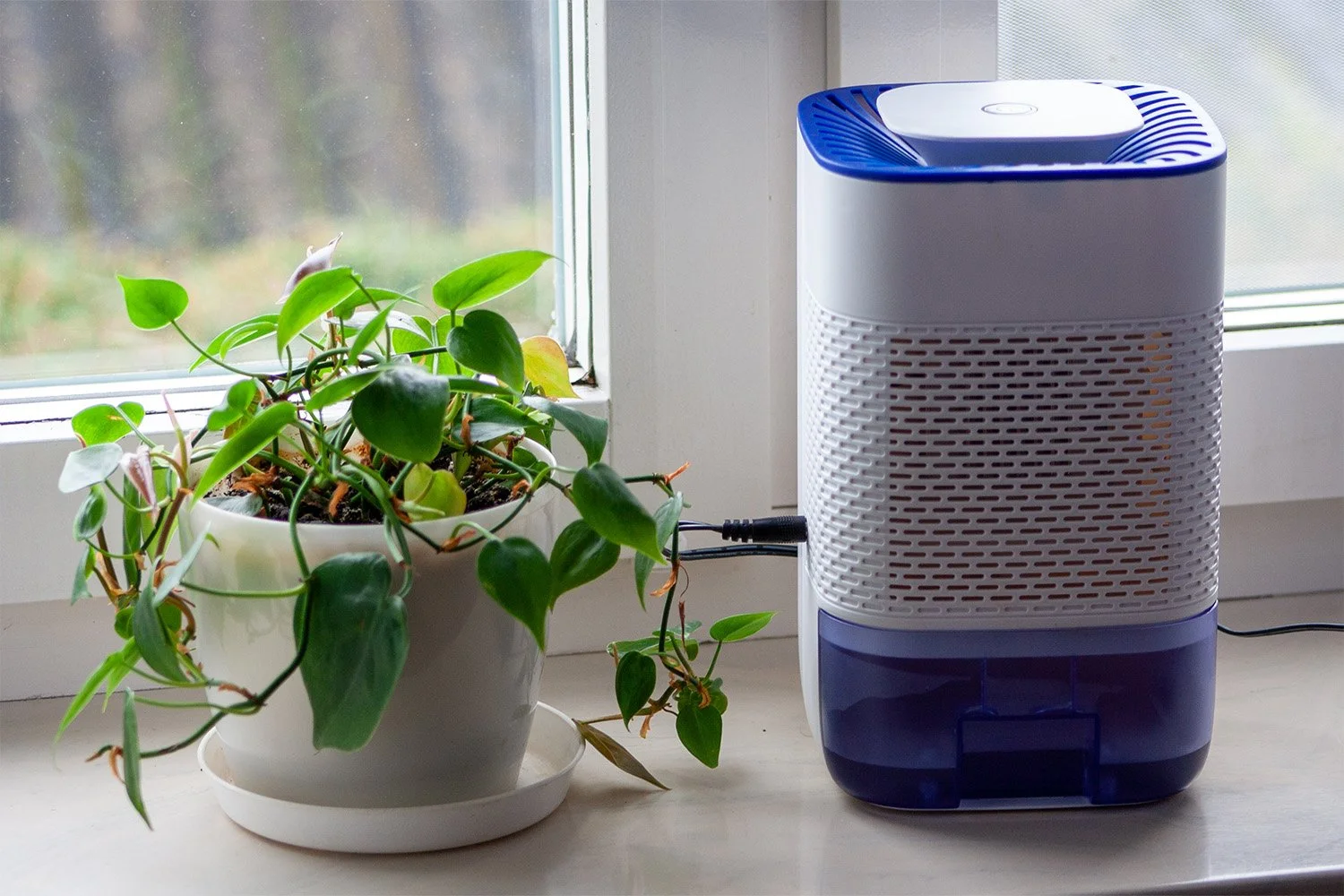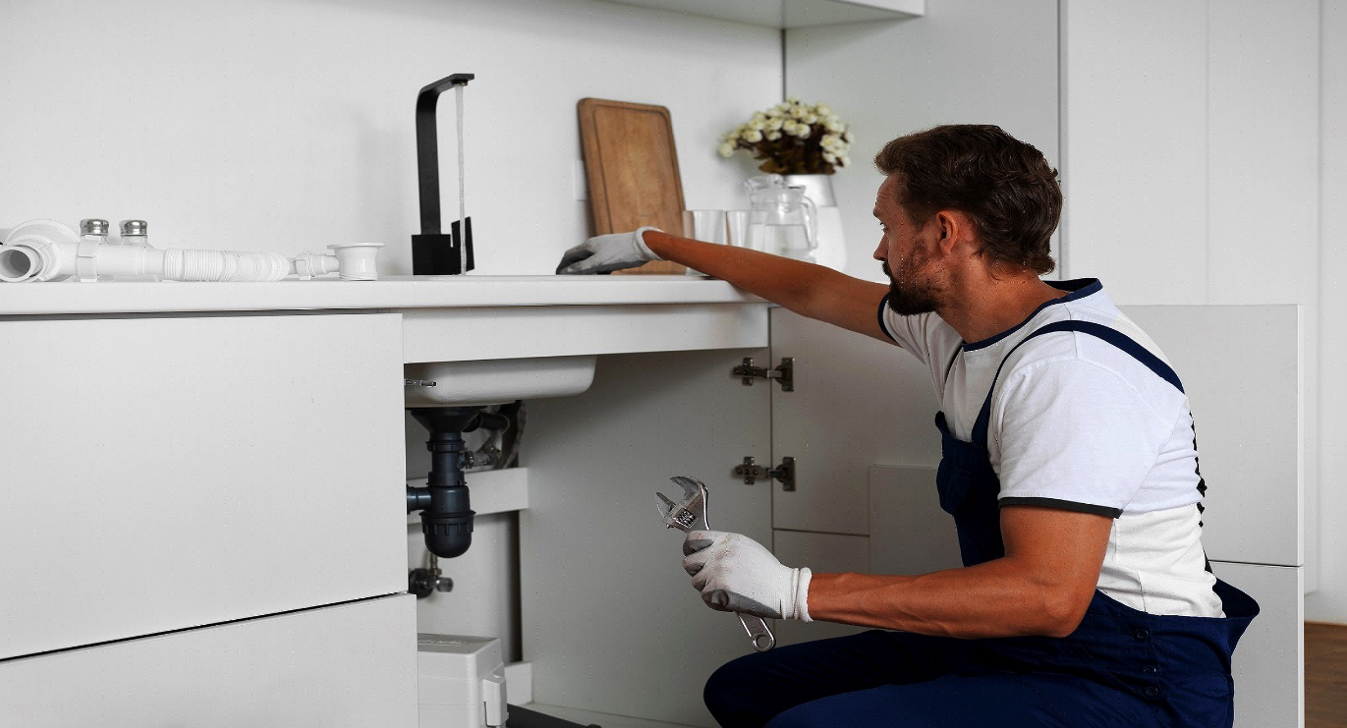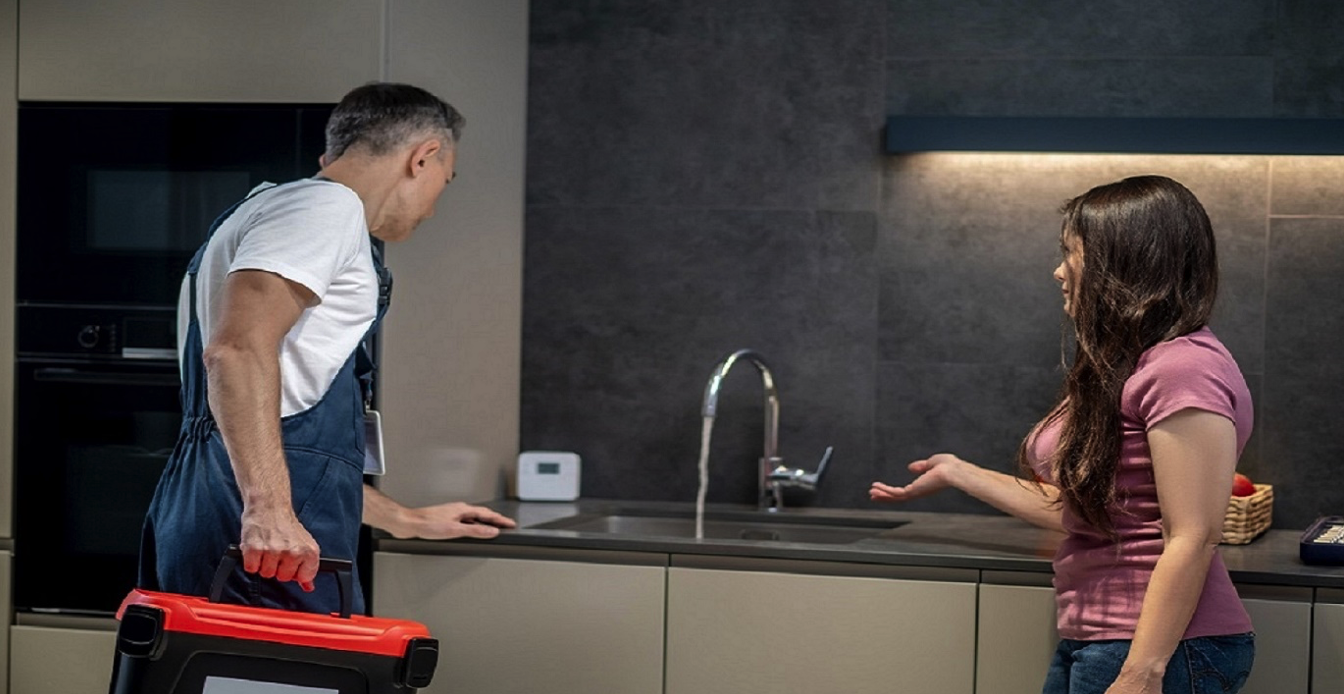Can You Drink Water from a Dehumidifier? What You Need to Know
RH Business Marketing Solutions
Dehumidifiers are common appliances in many homes, especially in regions with high humidity levels. They work by extracting excess moisture from the air, thereby creating a more comfortable and healthier living environment. One question that often arises is, "water dehumidifier can you drink?" This article aims to provide a comprehensive answer to this query.
Is the Water from a Dehumidifier Drinkable?
The short answer is no, the water from a dehumidifier is not drinkable. Although it may appear clean and clear, this water can contain a variety of contaminants and impurities that make it unsafe for consumption. To understand why, it's important to delve into the process of how dehumidifiers work and the types of pollutants they can collect.
How Dehumidifiers Work
Dehumidifiers function by drawing in humid air, cooling it to condense the moisture, and then collecting this moisture in a reservoir. The process involves several steps:
Air Intake: The dehumidifier pulls in air from the surrounding environment.
Cooling Coil: The air passes over a cooling coil, which causes the moisture in the air to condense into water droplets.
Collection Tank: These water droplets are then collected in a tank or reservoir.
Air Release: The now dehumidified air is released back into the room.
While this process effectively reduces humidity, it does not purify the water. Thus, the water collected by a dehumidifier can contain various contaminants from the air and the machine itself.
Why Is the Water from a Dehumidifier Unsafe to Drink?
Several factors contribute to the unsuitability of dehumidifier water for drinking:
Airborne Contaminants: Dehumidifiers do not filter the air they dehumidify. As a result, any dust, allergens, mold spores, or other airborne particles can be collected in the water.
Bacterial Growth: The water in a dehumidifier's collection tank is often stagnant, creating an ideal environment for bacteria and other microorganisms to grow.
Chemical Contaminants: Dehumidifiers are made from various materials, and some may contain chemicals that can leach into the water over time. These chemicals can be harmful if ingested.
Health Risks of Drinking Water from a Dehumidifier
Drinking water from a dehumidifier can pose several health risks, including:
Illness: The water may contain bacteria, mold, or other microorganisms that can cause gastrointestinal or respiratory illnesses if ingested.
Chemical Exposure: The potential for chemical contaminants from the dehumidifier's components can lead to toxic exposure, which may result in various health issues.
Allergic Reactions: Contaminants such as mold spores or dust mites in the water may trigger allergic reactions in sensitive individuals.
Safe Uses for Water from a Dehumidifier
While the water from a dehumidifier is not safe for drinking, it can be repurposed for other uses around the home. Some practical applications include:
Watering Plants: The water can be used to water non-edible plants, both indoor and outdoor. However, it's advisable to avoid using it on edible plants, as contaminants might be absorbed.
Cleaning: This water can be utilized for cleaning purposes, such as mopping floors, washing cars, or other household cleaning tasks. It is particularly useful for non-porous surfaces where contaminants will not pose a health risk.
Ironing: Some people use dehumidifier water in their steam irons, provided it is free from any visible contaminants. This can help prevent the buildup of mineral deposits in the iron.
Improving the Quality of Dehumidifier Water
If you're considering using dehumidifier water for purposes other than drinking, there are steps you can take to improve its quality:
Regular Maintenance: Keep your dehumidifier clean and well-maintained. Regularly clean the air filter and the water collection tank to minimize the buildup of contaminants.
Filtration: Using an additional filtration system can help reduce some impurities in the water. However, this is still not enough to make it safe for drinking.
Boiling: Boiling the water can kill bacteria and other microorganisms, making it safer for non-consumptive uses. However, this does not remove chemical contaminants.
Conclusion
In conclusion, while the water collected by a dehumidifier may appear clean, it is not safe to drink. The presence of airborne contaminants, potential chemical leaching, and the risk of bacterial growth all contribute to making this water unsuitable for consumption. Therefore, if you ever wonder, "water dehumidifier can you drink?" the answer is a definite no.
Instead, consider repurposing this water for other household tasks such as watering plants, cleaning, or ironing. By doing so, you can make efficient use of the water without compromising your health. Remember, a dehumidifier's primary function is to manage indoor humidity, not to provide potable water.











